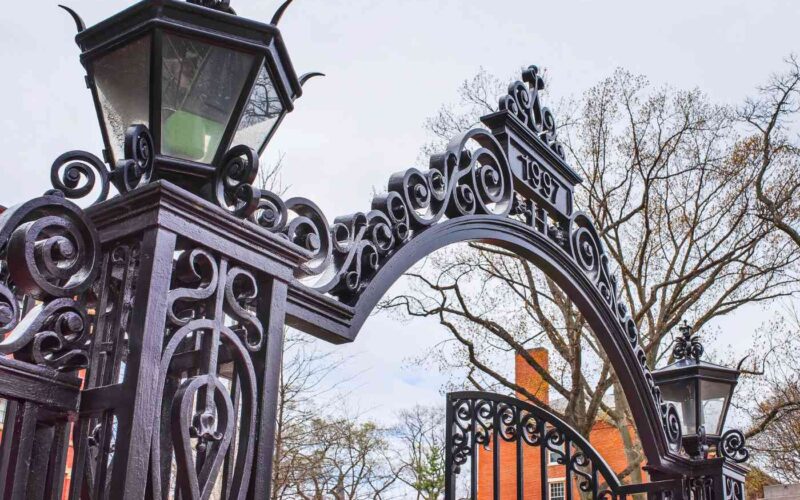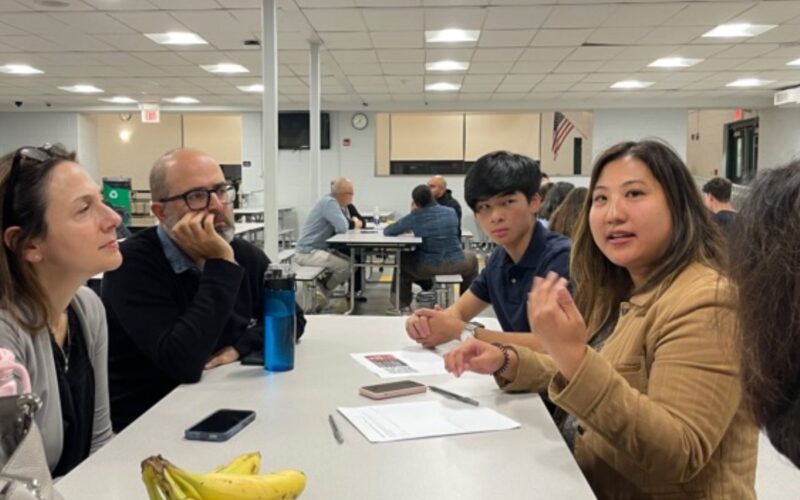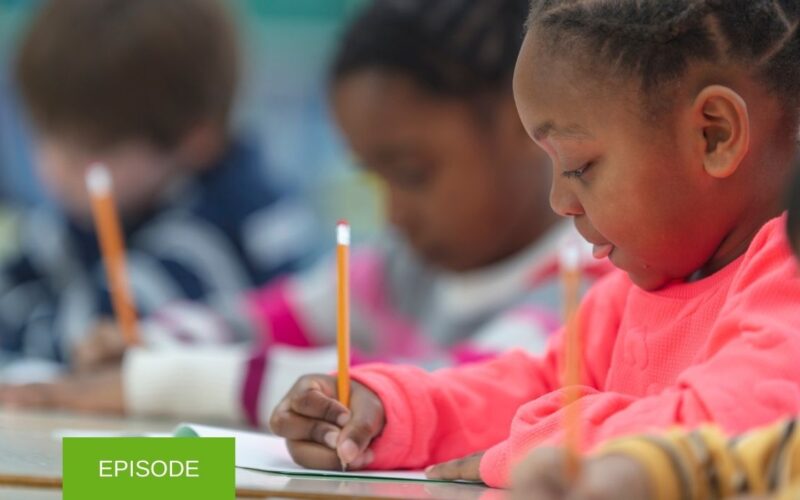High stakes: Teaching to the tests in K-12
We continue our conversation with Harry Feder of FairTest. This time, we discuss high stakes tests in K-12 schools. Harry explains how tests and the prep for them came to dominate education and the consequences for students, teachers, and schools of high or low scores. He also describes how the same companies dominate textbooks and testing, and suggests some alternatives to high-stakes tests.
Read More








